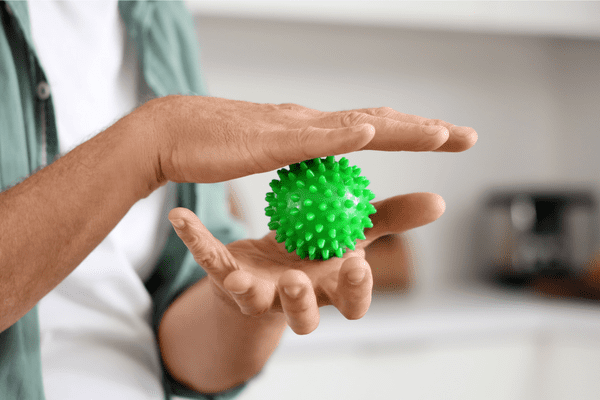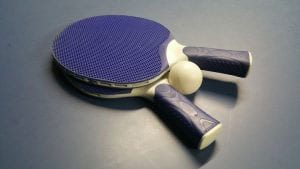Bayer AG and its subsidiary BlueRock Therapeutics LP have announced encouraging 36-month follow-up data from the Phase I exPDite clinical trial of bemdaneprocel (BRT-DA01), an investigational cell therapy aimed at treating Parkinson’s disease (PD). The findings were presented at the International Congress of Parkinson’s Disease and Movement Disorders®.
Bemdaneprocel is designed to replace dopamine-producing neurons lost in PD. Derived from human embryonic pluripotent stem cells, the therapy involves surgically implanting dopaminergic neuron precursors into the brain, where they mature and potentially restore motor and non-motor functions.
Key Findings at 36 Months
- Safety Profile: Bemdaneprocel continues to be well tolerated, with no therapy- or surgery-related adverse events reported. Imaging data confirms long-term survival and engraftment of transplanted cells, even after immunosuppression was discontinued at 12 months.
- Motor Function Improvements:
- In the high dose cohort (n=7), patients showed a mean reduction of 17.9 points in MDS-UPDRS Part III scores (OFF-medication state), indicating clinically meaningful motor improvement.
- The low dose cohort (n=4) demonstrated a mean reduction of 13.5 points, also considered clinically significant.
- Daily Living and Symptom Control:
- High dose participants experienced a mean increase of 1 hour in “Good ON” time and a mean decrease of 0.93 hours in “OFF” time, based on PD Diary assessments.
- Low dose participants showed smaller but positive changes: a 0.23-hour increase in “Good ON” time and a 1.15-hour decrease in “OFF” time.
- Activities of daily living (MDS-UPDRS Part II) improved in the high dose group with a mean reduction of 4.3 points, while the low dose group saw a slight increase of 0.2 points.
Expert Perspectives
Dr. Claire Henchcliffe, Principal Investigator and Chair of Neurology at UC Irvine, emphasized the importance of these long-term safety results and noted the promising clinical signals, particularly in the high dose cohort. She highlighted the upcoming exPDite-2 trial as a critical next step in evaluating therapeutic benefits.
Dr. Gabi Belfort, SVP and Product Lead at BlueRock Therapeutics, expressed optimism about bemdaneprocel’s potential as a durable and meaningful treatment option for PD patients.
Next Steps
Bemdaneprocel has received Fast Track and Regenerative Medicine Advanced Therapy (RMAT) designations from the FDA. A pivotal Phase III trial is currently enrolling participants to further assess efficacy and safety compared to sham surgery.
About Parkinson’s Disease
Parkinson’s disease affects over 10 million people globally and is the second most prevalent neurodegenerative disorder. Characterized by the progressive loss of dopamine-producing neurons, PD leads to motor symptoms such as tremors and rigidity, as well as non-motor challenges like fatigue and depression. Current treatments are limited, underscoring the urgent need for innovative therapies like bemdaneprocel.









